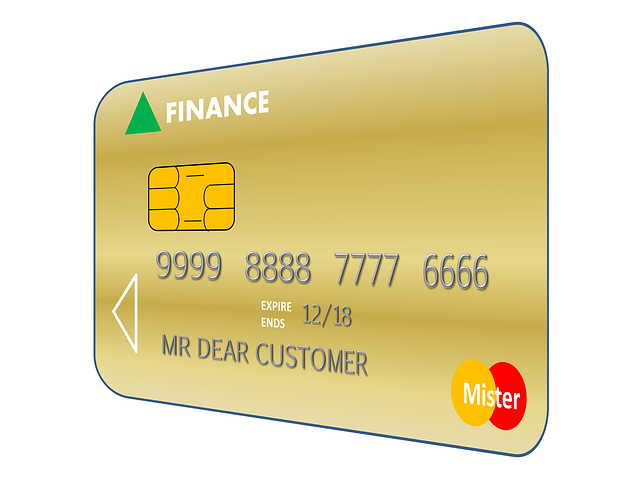Personal Loan Consolidation simplifies multiple high-interest loans into one lower-rate loan, reducing repayment complexity and potentially saving money on interest. Individuals with credit card debt, student loans, or unsecured debts benefit from this strategy. When considering consolidation, differentiate between secured (asset-backed) and unsecured options, each carrying unique risks and benefits: secured loans offer lower rates but asset risk, while unsecured loans provide flexibility with higher rates. Strong credit may qualify for lower rates on unsecured loans, while less-than-perfect credit could make secured options more viable due to their flexibility.
Personal Loan Consolidation can simplify your financial life by combining multiple debts into a single, more manageable loan. But with options like secured and unsecured debt consolidation loans, choosing the right path can be confusing. This guide aims to demystify these loan types, helping you understand their nuances, benefits, and risks. By the end, you’ll be equipped to make an informed decision that best suits your financial situation, focusing on both short-term relief and long-term savings through personal loan consolidation.
- Understanding Personal Loan Consolidation: The Basics
- Secured vs Unsecured Debt Consolidation Loans: A Comprehensive Comparison
- Factors to Consider When Choosing Between Secured and Unsecured Personal Loan Consolidation
Understanding Personal Loan Consolidation: The Basics

Personal Loan Consolidation is a financial strategy that combines multiple high-interest loans into one single loan with a lower interest rate. This approach simplifies repayment by reducing the number of payments from several lenders to just one, making it easier for borrowers to manage their debt. It’s a popular option for individuals dealing with credit card debt, student loans, or other types of unsecured loans.
The process involves applying for a new personal loan with a lender who will assess your financial situation and offer a consolidated loan amount. This new loan is then used to pay off the existing debts, effectively reducing monthly payments and potentially saving money on interest charges over time. Personal Loan Consolidation can be a powerful tool for debt management, but it’s crucial to understand the terms and conditions before proceeding.
Secured vs Unsecured Debt Consolidation Loans: A Comprehensive Comparison

When considering debt consolidation, one of the primary distinctions lies in the type of loan: secured or unsecured. Secured loans are backed by collateral, typically your home or a vehicle. If you fail to repay, lenders can seize and sell this asset. Unsecured loans, on the other hand, don’t require collateral, making them riskier for lenders, which often results in higher interest rates.
Secured debt consolidation offers potential benefits like lower interest rates and longer repayment periods due to the reduced risk for lenders. However, unsecured options provide flexibility as they don’t tie your assets to the loan. Moreover, personal loan consolidation allows you to simplify payments by combining multiple debts into one manageable stream, enhancing cash flow and alleviating stress associated with multiple repayments.
Factors to Consider When Choosing Between Secured and Unsecured Personal Loan Consolidation

When deciding between secured and unsecured personal loan consolidation, several factors come into play. It’s crucial to understand that secured loans are backed by an asset—typically your home or a car—offering lower interest rates but carrying the risk of losing the collateral if you default on payments. Conversely, unsecured loans don’t require collateral, making them risk-free in terms of asset loss but often come with higher interest rates and stringent credit checks.
Consider your financial health and goals to make an informed choice. If you have strong credit, you might qualify for a lower interest rate on an unsecured loan. Alternatively, if your credit history is less than perfect or you lack the equity in assets for a secured loan, an unsecured option could provide flexibility without the added pressure of potential asset forfeiture.
When considering personal loan consolidation, whether secured or unsecured, understanding your financial situation and goals is paramount. Both options have their advantages and disadvantages, with secured loans often offering lower interest rates but requiring collateral, while unsecured loans provide flexibility without the need for security. After weighing factors like credit score, debt amount, and repayment preferences, you can make an informed decision to streamline your debts and achieve financial stability. Opting for personal loan consolidation is a strategic move towards managing your finances more effectively.
